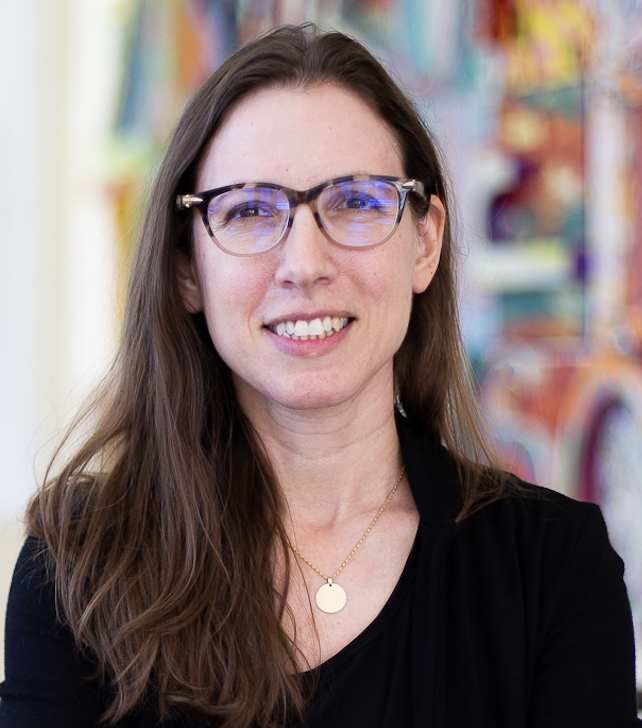By Dr. Maya Israel
Although a lot of progress has been made to increase access to computer science (CS) for all learners, not all students have the opportunity to engage—especially those with disabilities, who face barriers such as inaccessible tools, rigid curricula, and instructional approaches that do not consider the needs of all learners. If we truly want all learners to meaningfully participate in CS education, we must rethink how we teach CS to ensure access and engagement for every student.
One approach to do so is by applying Universal Design for Learning (UDL) and High Leverage Practices for students with disabilities (HLPs). UDL ensures flexible, engaging instruction tailored to students with diverse learning needs by considering multiple ways of engaging learners, presenting information using multiple modalities, and assessing understanding in ways that leverage learners’ strengths. The HLPs can be layers into UDL-based CS instruction by providing targeted support, such as explicit instruction and data-driven planning.
But meaningful participation is not just about using effective teaching strategies—it is also about the tools we use. The POUR principles—Perceivable, Operable, Understandable, and Robust—offer a roadmap for evaluating whether the CS technologies and materials we use are accessible to our specific learners. By applying these principles, we can evaluate the extent to which students can engage fully with these tools.
CS for All starts with intentional design and planning. I hope you join me at the 2025 CSTA Conference in Cleveland, where we will take a deeper dive into these strategies and explore solutions that can be implemented in your CS classroom. If you are passionate about making CS education accessible and meaningful for all students, please join this conversation so that we can ensure every student feels like they belong in computer science. See you in Cleveland!
About the Author

Maya Israel, Ph.D. is an associate professor of Educational Technology and Computer Science Education at the University of Florida. She is the Director of the CS Everyone Center for Computer Science Education. Her research focuses on strategies for supporting students with disabilities’ meaningful engagement in K-12 CS and AI education. Her projects primarily involve CS and AI teacher professional learning, instructional practices focused on increasing learning, engagement, and accessibility, and innovations in CS and AI education. Lastly, Dr. Israel works with multiple school districts and states on policies and approaches to include all students in K-12 CS and AI education initiatives.

